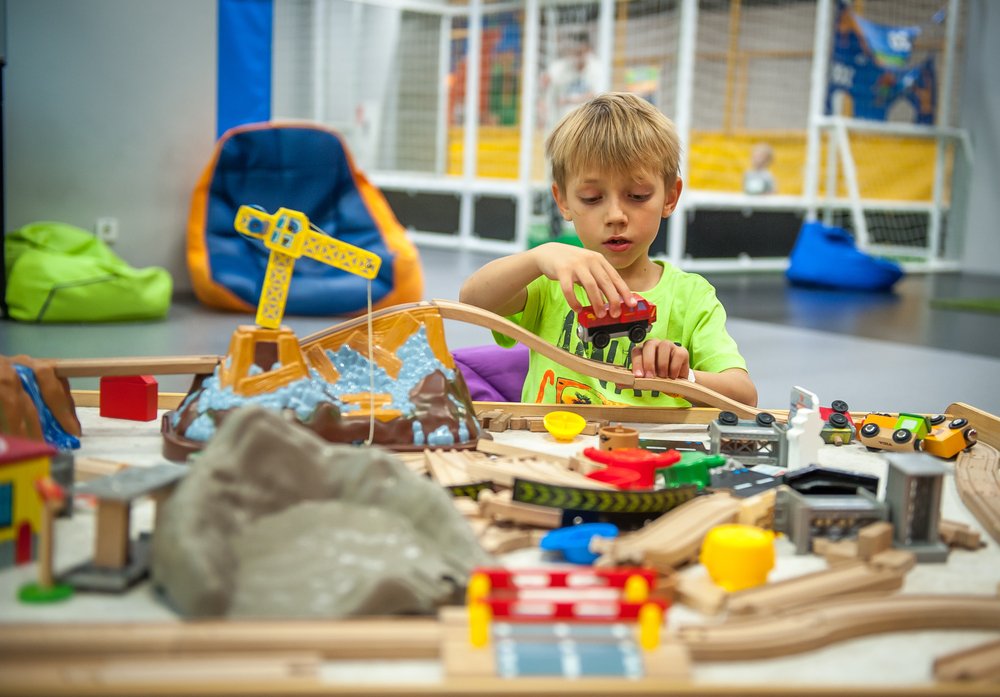
Early childhood and brain development in science
Key points: Adversity and stress in early childhood can have physical and chemical implications in the brain, damaging learning capacity…
[cat_cust_menu]

Key points: Adversity and stress in early childhood can have physical and chemical implications in the brain, damaging learning capacity…

Key points: 1. Babies’ brain development depends on responsive interactions with caregivers. 2. “Serve and return interactions” with caregivers are…

Key points: 1. Baby emotions evolve from simple to complex, influenced by physiological changes and stimuli. 2. Basic newborn emotions…

Key points: Babies develop advanced theories and knowledge from a very young age. They construct theories about objects, numbers, living…

Key points: Babies are natural scientists from birth. Engage in repetitive play to teach concepts like gravity. Foster STEM skills…

Key points: Play is essential for childhood development, fostering problem-solving skills and social interactions. Babies initially explore everything, including toys…

Key points: Music engages a child’s attention and supports language acquisition. Repetitive songs help kids learn new words and enhance…

Key points: The “Mozart effect” oversimplified music’s impact on intelligence, but music remains valuable for child development. French research links…

Key points: Professor Susan Hallam’s research underscores the importance of musical skills in childhood and beyond through “transfer of learning.”…

Key points: The article provides ideas for parents to set up imaginative play scenarios for their children. The activities include…

Key points: The ability to notice and identify colors and shapes is important for describing the world around us. Engaging…

Key points: The American Academy of Pediatrics suggests that children between 2 and 3 years of age learn to discriminate…

Key points: Visual object recognition is a complex mechanism that depends on a multitude of other cognitive processes. Between 2…

Key points: A child’s memory and attention skills during the first four years of life can predict academic achievement once…

Key points: Working memory is important for short-term mental tasks and allows us to hold information in our minds. The…

Key points:1. Incorporate your child’s interests or favorite toys to make activities fun and engaging.2. Be mindful of your child’s…

Key points:1. Attention skills involve three cognitive networks: alerting, orienting, and executive control.2. Alerting is staying sensitive to information, orienting…

Key points:1. Between 36-48 months, preschoolers work hard to develop memory skills, recalling songs, stories, and more.2. Memory development begins…

Key points:1. Memory development in children is closely linked to their existing knowledge and experiences.2. A child’s ability to encode…

Key points: Attachment is a deep emotional bond between individuals, often observed in child-parent relationships. Attachment significantly influences a child’s…

Key points:1. Children aged 18-24 months can be exposed to high-quality children’s media with guidance.2. Between ages 2-5, children can…
Subscribe to our newsletter and join Kinedu’s community